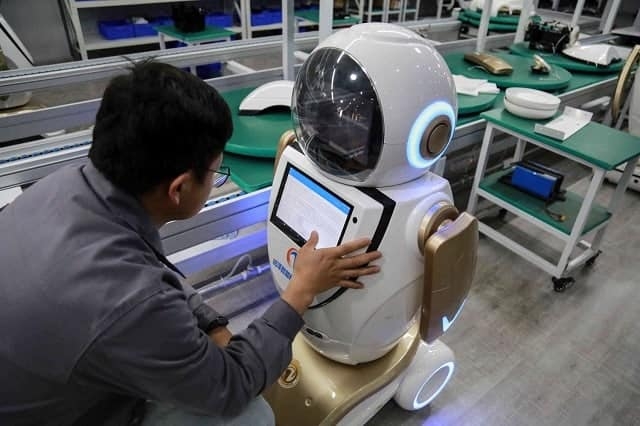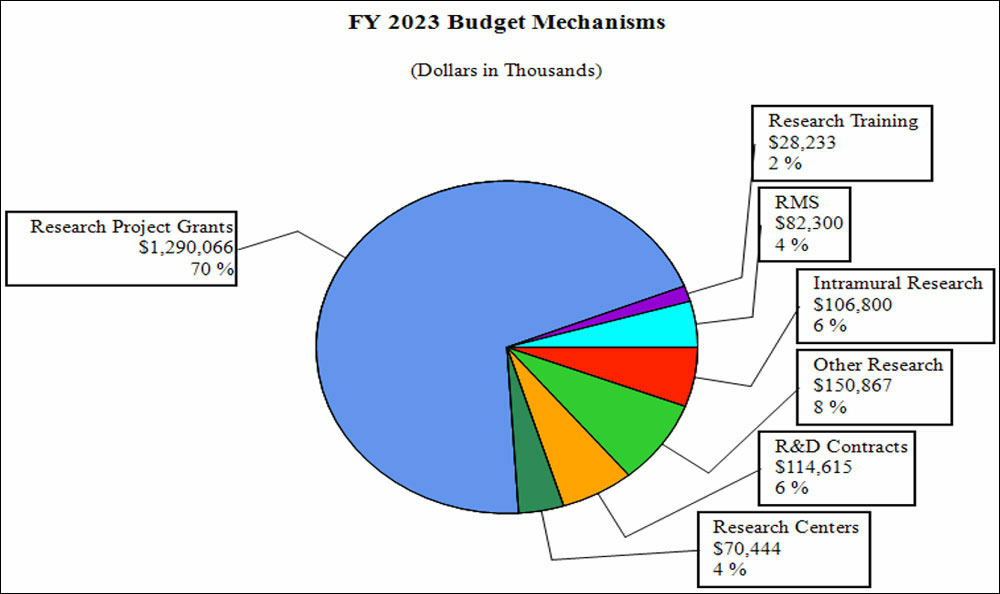The rise of anti-science attitudes has exacerbated current policies, a powerful force for the growing rejection of science. The three researchers, who study attitudes and persuasion, are currently explaining the rise of anti-science beliefs and what can be done about them.
“Classical work on persuasion applies to what we are seeing today, as many people reject the science of vaccines, climate change, and other issues,” said Aviva Philipp-Muller, lead author of the study. “But there are evidence-based strategies that can serve to increase public acceptance of science.”
Beliefs against science are built on four foundations: the idea that scientific sources have no credibility; identify with groups with anti-science attitudes; a scientific message that contradicts a person’s current beliefs; and the discrepancy between how a message is presented and a person’s thinking.
“What these four bases have in common is that scientific information reveals what happens when people already think or conflict with their thinking,” said research author Richard Petty, a professor of psychology at Ohio University.
Researchers point out that anti-science attitudes have increased in recent decades. Recently, there has been a sudden increase in vaccine groups in the United States and other countries.
The rise of social media and the proliferation of news sources are some of the biggest factors influencing beliefs against science. Experts also point out that political ideology is becoming increasingly important in the modern world.
“Politics was always around, and people had political opinions, but politics didn’t internalize everything. Science and scientific beliefs were once separate from politics, but no longer so, ”said Professor Petty.
Today, politics is at the core of an individual’s identity, and ideology affects how someone responds to politicized scientific evidence, such as climate change. It may be easier for some to dismiss science instead of overturning their political beliefs. As a result, politics can initiate or increase basic mental processes across the four foundations of anti-science attitudes, Philipp-Muller said.
For example, take the credibility of the source. Research shows that people see that others with similar political views are more expert and wise. As liberals and conservatives view different sources of news as credible, they are confronted with different sources of scientific information and misinformation.
“Social media platforms like Facebook offer personalized news feeds, which means conservatives and liberals can get a lot of information,” Philipp-Muller said.
Research on persuasion and attitudes can help to address the fundamental principles that underpin beliefs against science. It is important to consider converting messages that understand opposing views. For example, messages to prevent the spread of COVID-19 may acknowledge that wearing masks can be uncomfortable, but it is a small discomfort that goes a long way in preventing the spread of disease.
Another key is to find common ground with people who reject science, even if what you have in common has nothing to do with science.
“People raise their defenses if they think they’re being attacked or if you’re so different from them, that you can’t be credible,” Professor Petty said.
Experts hope that more scientists will learn about psychology from various audiences about their work, including those who may be skeptical.
“There is an opportunity to deal with anti-science attitudes and feelings,” Philipp-Muller said. “We need to use evidence-based strategies to increase public acceptance of science.”
The research was published in the journal Proceedings of the National Academy of Sciences.
Katherine Bucko, Earth.com staff writer
Pourquoi Dit-on Que philosopher c’est décider de ne plus croire ?
The philosopher is one who believes in nothing, because he is called to judge everything. Philosophy thus appears as a discipline of judgment, a wisdom of judgment. On the same subject : The explosive ambitions of Kate the chemist. We finally understand what this first embarrassing etymology means: “love of wisdom.”
Why does faith oppose reason? Faith is not disqualified simply because it is not justified in the eyes of reason. It refers to a trust which, beyond reason, admits the truth of certain propositions. It also commits acts. Kierkegaard speaks of a “leap” that makes sense of existence.
Est-il raisonnable de croire philosophie ?
It is not necessary to give up believing in the name of knowledge, in the name of science. But then we must find the meaning of a belief that, without being based on reason, is unreasonable.
Pourquoi l’homme a besoin de croire en quelque chose ?
We need to believe in order not to stick to what is, to see beyond the limits of what is known, demonstrated, attested. To see also : Scientists point to new brain models for antinausea drugs. Heard in this sense, believing manifests an intellectual curiosity that is not useless in the adventure of knowledge.
Pourquoi la science s’oppose à la religion ?
The scholar believes in the truth. Such, then, is the paradox, if not the contradiction, of the scientific attitude. Read also : There are many reasons for climate denial, but science is the solution. She claims to reject any belief and maintains, however, a belief in the truth. It is in the name of this belief in truth that the scholar abolishes all his other beliefs.
What is the conflict between science and religion? They are abundant in the sciences, religions in general. A scientific discovery may be problematic for some religions, but without consequences for others. At the moment science can jeopardize religious religions, then others are innocuous resistance.
Quelle est la différence entre la religion et la science ?
A virulent critic of religion, Russell affirms, in Religion and Science (1935), that a religious creed differs from a scientific theory in that it claims to express eternal and absolutely certain truth, while science keeps a character. temporary [â € ¦].
Qui s’oppose à la religion ?
An antithetist is defined as “a person opposed to the belief in the existence of a god.” The term seems to have been forged by Proudhon in General Idea of the Revolution, 1851, and the idea developed in Of Justice in the Revolution and in the Church, 1858 (Study VI, Labor, c.
Comment Appelle-t-on une personne Anti-religion ?
antireligious adj. Etsai to religion.
Who is the first atheist? The first known atheist to openly reject the cover deism, to deny the existence of god, was the German Matthias Knutzen, who predates by his atheist writings of the year 1674 the next atheist author Jean Meslier, a French abbot, of plus 50 years.
Qui n’appartient à aucune religion ?
non-believer adj. A person who is not a follower of any religion.
Comment Appelle-t-on quelqu’un qui n’aime pas la religion ?
The atheist does not believe in the existence of God; the agnostic believes that we are incapable of knowing whether or not it exists.
Est-ce que la science est une croyance ?
If it is rational, science is not, however, free from belief, what can I gain from a knowledge of science and the idea of human nature that can have a positive or negative effect.
Why is science a belief? science is knowledge; a knowledge is first a belief, then that belief must be true and justified. “Belief is the holding of something to be true, and this regardless of any evidence of its existence, reality, or possibility.”
Est-ce que la science est une religion ?
It seems that between science and religion, there is in fact a fundamental difference in nature. Science applies itself to formalizing laws, to saying the “how,” but it does not explain the “why” of the universe. Thus the prediction of our actions will never be given by the development of research.
Quelle est la différence entre science et croyance ?
We must clearly distinguish between knowledge and belief: knowledge is justified; belief dispenses with justification. […] Scientific knowledge is a public good, developed […] by scientists […] and knowledge once validated is public.
Qu’est-ce que la croyance en la science ?
Believing in the truth of a scientific theory is a mental state (or process) that presupposes the figure of proof.




